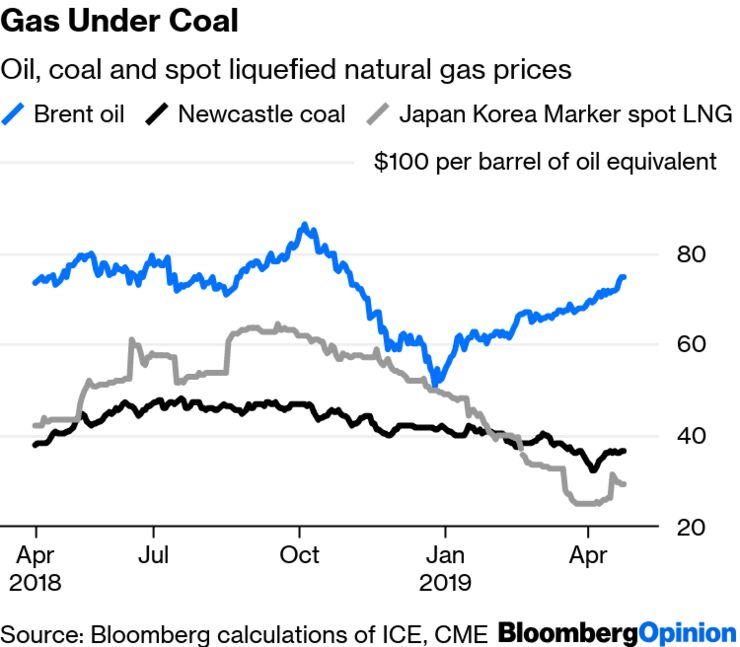AwlBidnz
Old Guy to be driven around for yrs to come
This week The Economist published a couple of articles about the oil industry. First here's one about Aramco expanding its business in Asia:
Saudi Aramco looks downstream, and East
The oil giant’s shift towards Asia and beyond crude should worry its Western rivals
[...] Aramco’s chief executive, Amin Nasser, appears to have just one word for Asia: plastics. He notes that the typical Indian uses scarcely 10kg of the stuff a year, one-tenth as much as a Canadian, and wants to pour $100bn into chemicals over the next decade, on top of the SABIC splurge.
[...] The collapse in oil prices in 2014-16 reminded the industry that refining and chemicals are a useful hedge against volatility. As the warming world burns fewer hydrocarbons, Aramco is keen to secure captive markets for its crude feedstock.
TSLA investors looking to bet against Big Oil should keep this in mind. Oil isn't just for transportation, so watch out for overestimating the effects of decarbonizing transportation. Also, the impact may vary from company to company.
The second anticipates more M&A deals in fracking.
Chevron buys Anadarko for its shale assets
The $33bn megadeal signals consolidation in the fracking business
Frackers suffered after 2014, when Saudi Arabia declined to cut production and oil prices plunged. Today, even with higher oil prices, they look constrained. Their median return on equity last year was less than half that of the s&p 500 stockmarket index, according to Morgan Stanley, a bank. More investors are demanding that they spend only as much as they earn—a novel concept.
[...]
The majors appreciate shale’s quick drilling times, predictable cashflows and favourable regulation. “It becomes your throttle,” says Bob Brackett of Bernstein, a research firm. “When times are good, you dial it up.” The question, then, is not whether Big Oil will bet on shale, but whether it will double down.
The Delaware basin certainly looks ripe for consolidation (see map). Last year the largest seven producers accounted for about half of output. Others each produced 4% or less. Wall Street may have cooled on the Permian. Big Oil certainly has not.
From where I sit, it seems big oil has been sampling the "koolaid" that the larger indy's have been serving and are hoping to prove that horizontal drilling has become a mining operation & they can do it better. Give them a bit of time and a boatload of money & they too will realize the economics of horizontal development are not sustainable. Then they will exit the States AGAIN and that's when our domestic prices will be setup for a repeat of diminishing supply and increasing prices.





